.jpg)
Cholera: What is it and how can you avoid getting sick?
Water expert shares guidelines on how to purify water at home in areas where there is uncertainty over water quality or poor sanitation.
.jpg)
Water expert shares guidelines on how to purify water at home in areas where there is uncertainty over water quality or poor sanitation.

The spectacular entry of a meteorite into Earth’s atmosphere has unleashed a chain of events that would not be out of place in a Hollywood movie script.

Wits researchers won in six out of 15 categories at the prestigious NSTF-South 32 Research Awards.

South Africans are still fighting for the right to basic water supply as enshrined in the Bill of Rights.

The lack of enforcement of environmental laws allow powerful entities to act without consequence. Where does the buck stop?

With an increasing risk of water-borne diseases such as cholera spreading in cities, it is important to learn how to keep your family safe.

The exhibition showcases the archaeological heritage and rich marine environment of the Southern Cape coastline.
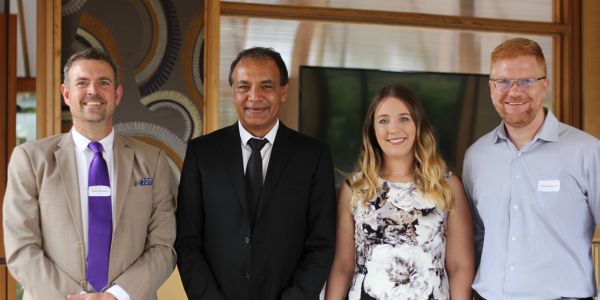
Medals for established and emerging researchers, eminent scholars inducted as Fellows.
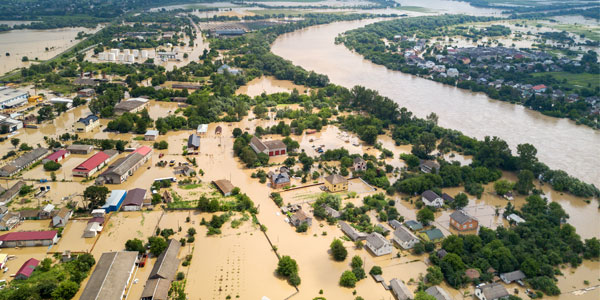
A series of powerful tidal surges battered coastal areas in the Western Cape, Eastern Cape and KwaZulu-Natal provinces over the weekend of 16 September 2023.
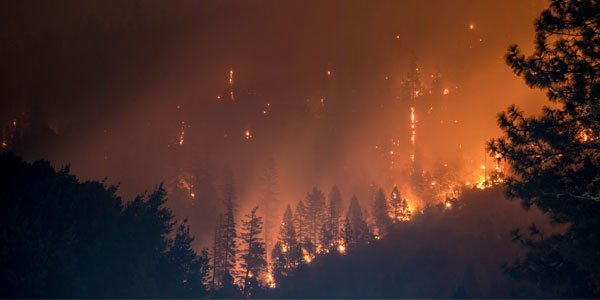
Around the world, temperature records are being broken in countries in Africa, Europe, America and Asia.

Canon South Africa and the Wits Rock Art Research Institute (RARI) partnered in 2021 to keep the preservation of rock art heritage alive.

Machine learning and artificial intelligence (AI) can help catapult South Africa’s energy distribution into the future.

Researchers share advice on how to keep yourself as warm as possible during the winter months.

Research shows flooding events in the province have doubled in the last century.
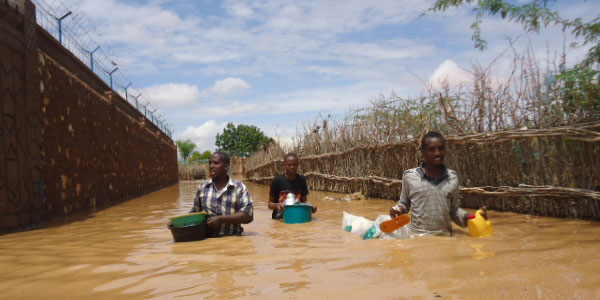
Poverty drives vulnerability to climate risks in Port Harcourt, Nigeria. Here are 4 factors that affect how residents adapt.
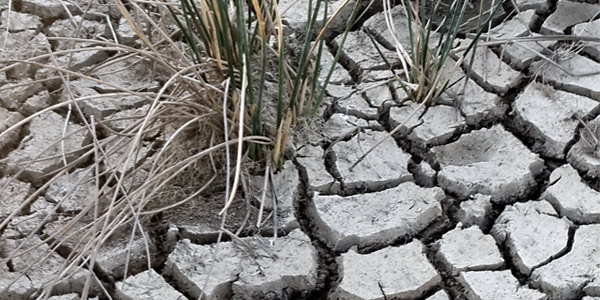
Southern Africans are experiencing heat stress more often than in 1979. Climate experts show where and when it’s the worst.

The exhibition titled ǃke e꞉ ǀxarra ǁke [‘People who are different’, ‘come together’], celebrates the rock art of the San people and is on display now at the Or

Mountain systems are sensitive to climate change. Loss of snow and ice sets off effects which have wide ranging consequences.

The brown-veined white butterfly (Benenois aurota) annual migrate between 80,000 and 155,000 butterflies per hour from SA’s Kalahari region to Mozambique.

Tamlyn Naidu claims a win for South Africa in Berlin for her research on acid mine drainage.
.jpg)
The Accessible Greywater Solutions for Urban Informal Townships (URBWAT) project is providing sustainable water solutions for the Alexandra township.

Research shows climate change will negatively impact mountain landscapes, including increasing risks such as avalanches, river floods and landslides.
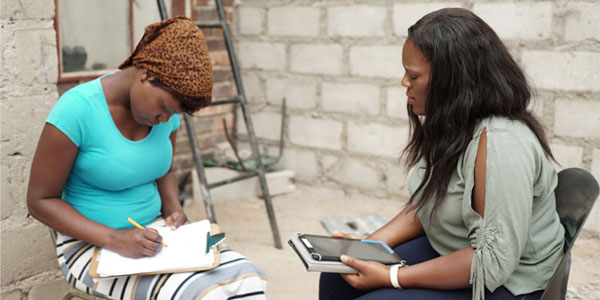
Researchers have a number of responsibilities when embarking on their work - not least of all to ensure participants are not harmed and are fully heard.
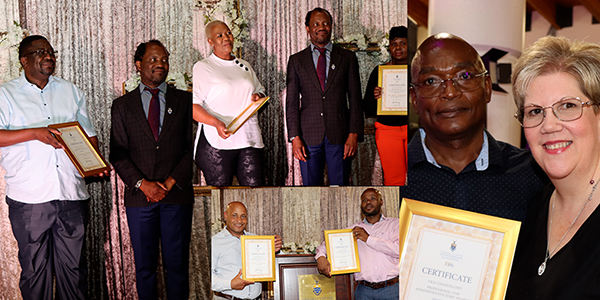
The prestigious annual awards recognise staff excellence in categories including research, teaching and learning, and professional and administrative services.
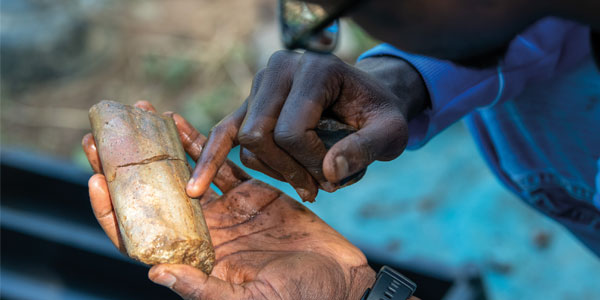
Wits researchers have over the past century changed, and challenged, the way we think about the evolution of humanity and our ancestors.

A project to transcribe Dutch colonial records of the weather in Cape Town can benefit modelling of future climate scenarios.

A project examining the Dutch East India Company’s day registers reveals unique information on the Cape’s past climate.

The Wits community joined hands with NGOs in Tembisa township to clean the Kaalspruit tributary, a feeder to the Hennops river.

New dates for Australopithecus-bearing Sterkfontein Cave deposit places South African hominin fossils at the centre of global palaeo research.
Lesotho is considered to be the water tower of southern Africa and it is key to water security in the region.
w.600x300.jpg)
Sometimes archaeologists can “hear” the ancient past using acoustic methods.

Theresa Mazarire in the Wits Institute for Malaria (WRIM) combines environmental science and public health to control malaria mosquitoes.

It was an upbeat post-pandemic return to campus when Wits academics gathered to celebrate research excellence.
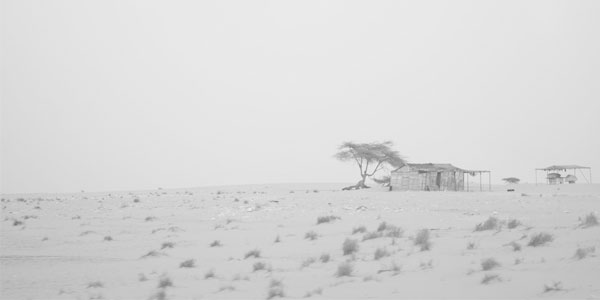
In order for snow to form, two distinctive weather properties are needed: cold temperatures and moist air. The Sahara can tick these boxes.
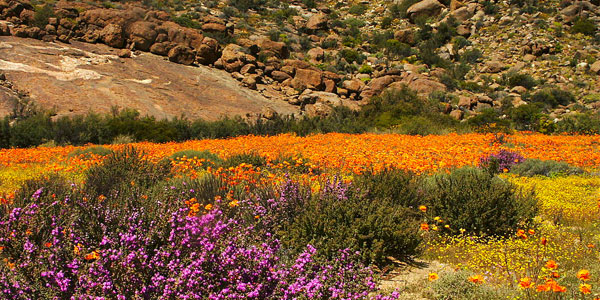
The progressively earlier flowering places the daisies at greater risk of failed flowering seasons. This would be a blow to biodiversity and tourism.

Canon South Africa and RARI partner up to preserve our heritage through the camera lens.

The extraordinary multimedia presentation comprises 16 unique display panels that include six videos by renowned documentary filmmaker Craig Foster.

Associate Professor Jennifer Fitchett answers this question in Curious Kids, is a series for children published in The Conversation-Africa.

Wits researchers won six National Science and Technology Forum (NSTF)-South32 research awards .


The Claude Leon Foundation will fund two research chairs and a research programme in water stewardship worth R15.7 million.
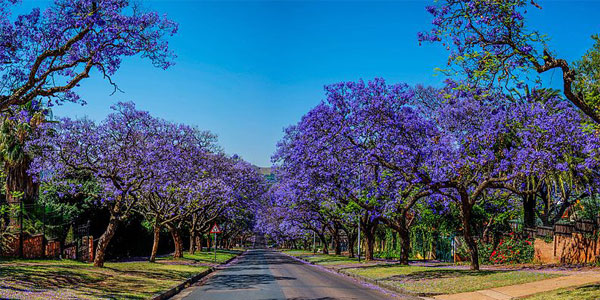
Climate change is causing jacarandas to flower earlier.

Archaeologist and biological anthropologist, Keneiloe Molopyane, is recognised as a trailblazer by the prestigious National Geographic Society.
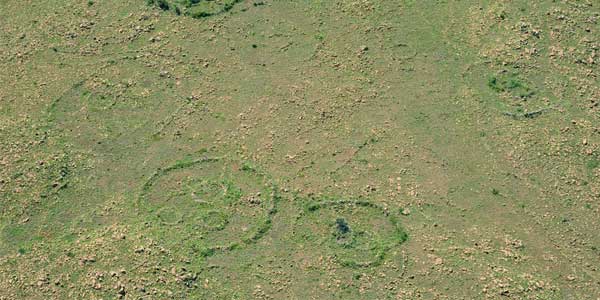
We now know that Bokoni Phase I was built as early as the 15th century – before the arrival of European colonisation or trade.

Waste reclaimers save South African municipalities up to R748 million a year in landfill space. Without them, the country's recycling economy would not exist.

Malaria kills over 400,000 people a year across the world. Africa carries the highest burden, with 90% of these deaths occurring on the continent.

Pasha 101: Two researchers unpack these events.
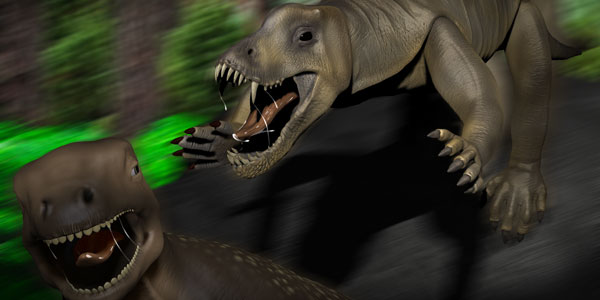
Previously thought of as heavy, slow and sluggish, the 260-million-year-old predator, Anteosaurus, was a ferocious hunter-killer.

High resolution X-ray imaging of Little Foot's skull and dentition shows Little Foot suffered periods of dietary stress and illness when she was a child.

This new Cluster will further encourage world class research through collaboration, coordination and communications.
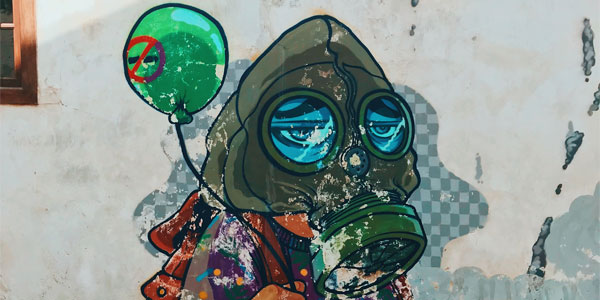
Scientists predict that an Age of Pandemics is imminent unless human beings change their ways.
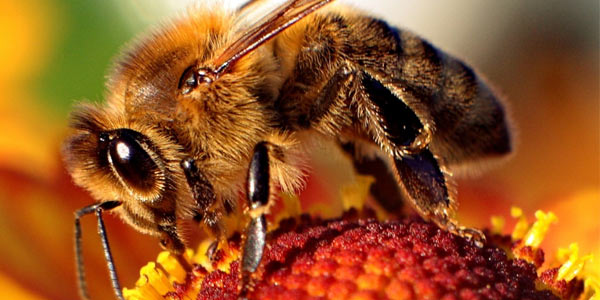
The threats of climate change to plants, animals and people in Africa mean that the continent is an excellent place for biometeorological research.

Trends across the different rainfall zones can be linked to changes recorded for large-scale climate systems.
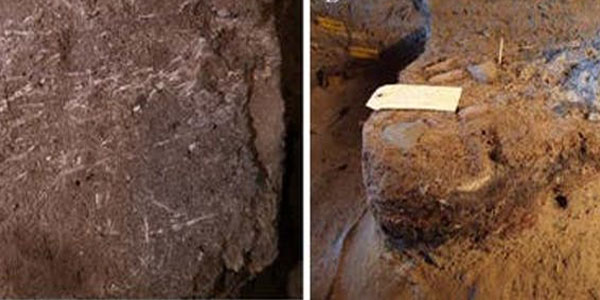
Before 200,000 years ago, close to the origin of our species, people used ash as layers for broad-leaved grasses to build their beds.
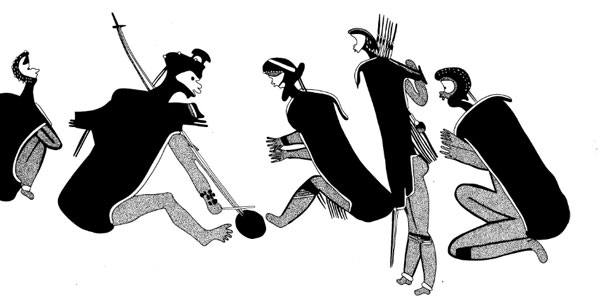
Music is thought to be one of the ways that our ancient ancestors expressed their emotions – and may well have led to early languages.

Jennifer Fitchett, an Associate Professor of Physical Geography at Wits has been selected as a member of the South African Young Academy of Science (SAYAS).

Symposium coincides with the publication of their article on environmental drivers and the potential seasonality of COVID-19.

Until now the search for early evidence of alcohol has fixated on residue analysis.
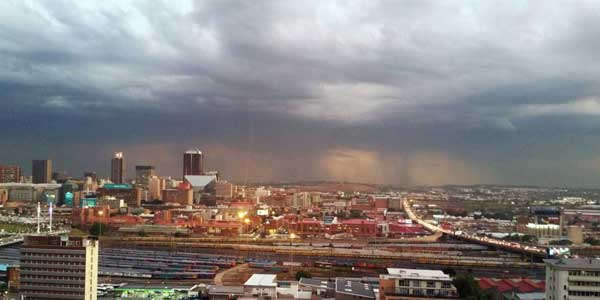
Examining old vegetation sediments to learn about shifting weather patterns and climate change.

Three staff members from the Faculty of Science share their experiences of lockdown.
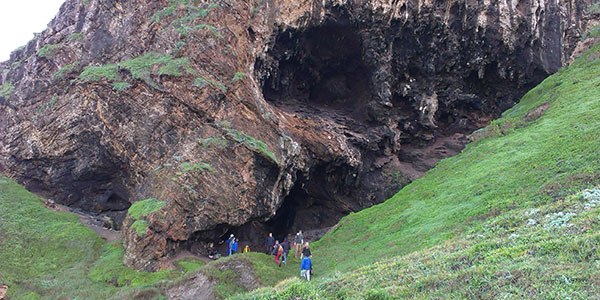
The artefact closely resembles thousands of bone arrowheads used by the indigenous San hunter-gatherers from the 18th to the 20th centuries.

The clock is ticking: in the absence of government support, not being able to work means waste reclaimers don't have money to buy food.

It can be attributed to the Indian Ocean Dipole, the difference in sea surface temperatures between the eastern and western tropical Indian Ocean.

The charred remains of root vegetables found at Border Cave help us understand how early humans survived and thrived.

South Africa’s waste pickers are critical to our recycling economy and green future, yet they are marginalised, maligned, and discarded.

Monitoring the timing of recurring biological events is key to understanding the effects of climate change.
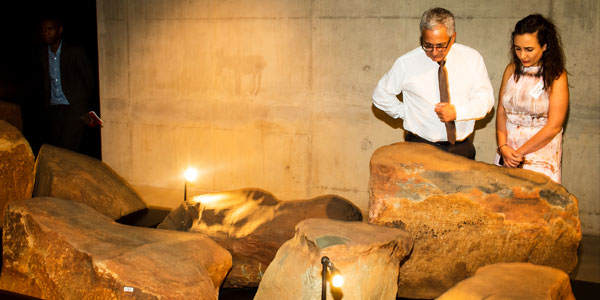
The Origin Centre has added a new wing that's perfect for a visit, the Rock Engraving Archive.

The discovery also points to food being shared and the use of wooden digging sticks to extract the plants from the ground
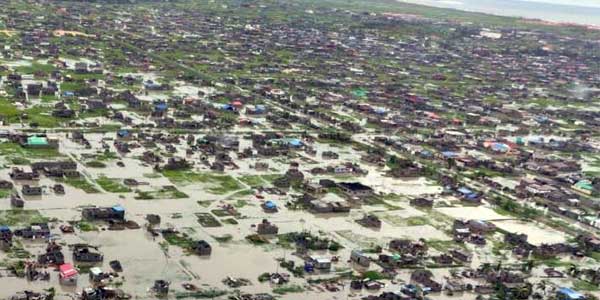
As storm directions change, countries that are outside the usual tropical storm zones need to ready themselves.

The rock art archive is the first of three new floors that will provide public access to some of South Africa's most valuable historical finds.
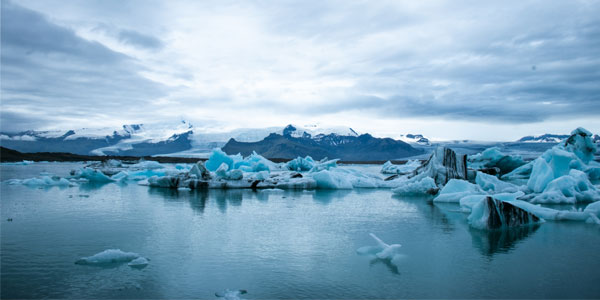
Monitoring the timing of recurring biological events is key to understanding the effects of climate change.

Researchers show how some bone artefacts from archaeological sites in South Africa's southern Cape region might have been used in sound production.
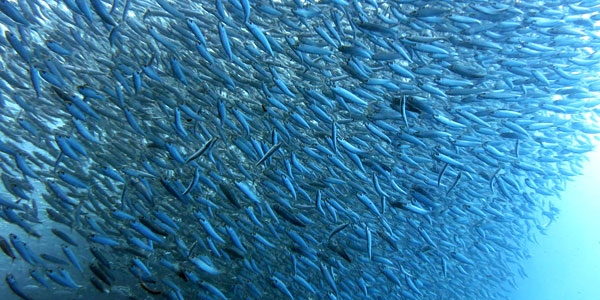
South Africa's annual sardine run is occurring increasingly late, and there have been instances where it doesn't happen at all. Here's why.

Archaeologists and anthropologists peer into original homes of the past to see what made us who we are today.

Wadley has been made a Fellow of The British Academy in recognition of her outstanding contribution to the field of archaeology.

A Johannesburg-based pilot will formally integrate reclaimers (waste pickers) into the recycling economy of South Africa for the important service they provide.

Spreading his wings through international exposure - Thabiso is the first Witsie to be awarded the prestigious scholarship.
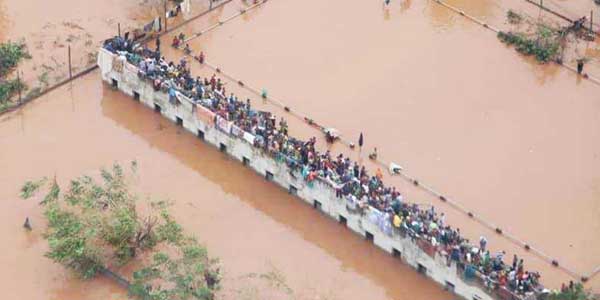
Southern Africa has seen a rise in tropical cyclones recently. Why? Listen to Pasha 20, The Conversation Africa’s podcast on research.

Early human beings who lived around 120 000 years ago in South Africa were “ecological geniuses” who were able to exploit their environment intelligently.

The Indian Ocean has made its mark on the global news cycle this year.


Successful Early Sapiens Behaviour Exhibition extended and taking place at Iziko Museum in Cape Town.

This storm provides a grim prospect of the future of tropical cyclones in southern Africa, a region under continued threat from climate change.

South Africa is among a handful of countries that experience winter rainfall in some areas and summer rainfall in others.

Curious Kids is a series for children in which we ask experts to answer questions from kids.
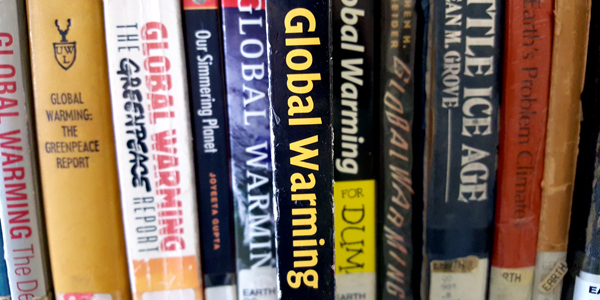
To understand climate projections and climate forecasts you need to know the difference between “weather” and “climate”.

Wits – in the champion’s league of archaeology – hosted the first African Conference on Experimental Archaeology.

LiDAR, was used to “redraw” the remains of the city, along the lower western slopes of the Suikerbosrand hills near Johannesburg.